|
Something you may have missed among coverage of the Queen’s death over the weekend is that Ukrainian armed forces have made stunning progress in counteroffensives against Russia in the north-east and south, despite being significantly outgunned.
As Russia and security expert Matthew Sussex explains today, Russia’s ailing military performance raises the question of where Putin goes next. Escalation looks increasingly likely - but what form would that take?
Sussex writes that Putin’s escalation options include the grim possibilities of: invading Moldova, sending forces into neighbouring Kazakhstan, drawing NATO directly into the war, arranging a radiological “accident”, or even using short-range nuclear weapons.
What he chooses to do is anyone’s guess, but “Putin’s choices remain poor, both domestically and internationally. He may soon feel forced to pick between those that are unpalatable, and those that are risky,” writes Sussex.
On another matter, you might have noticed that late last week we closed the comment feature across The Conversation website. This was due to a worldwide attack which involved bots posting inappropriate material. We’re working to fix the problems and hope to have comments on selected articles open again very soon.
|

|
Liam Petterson
Deputy Politics Editor
|
|
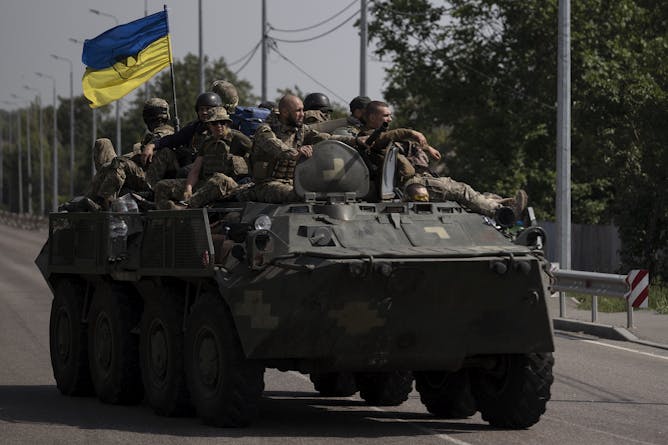
Matthew Sussex, Australian National University
Vladmir Putin has a new problem. His invasion of Ukraine is not just bogged down. It’s going backwards.
|
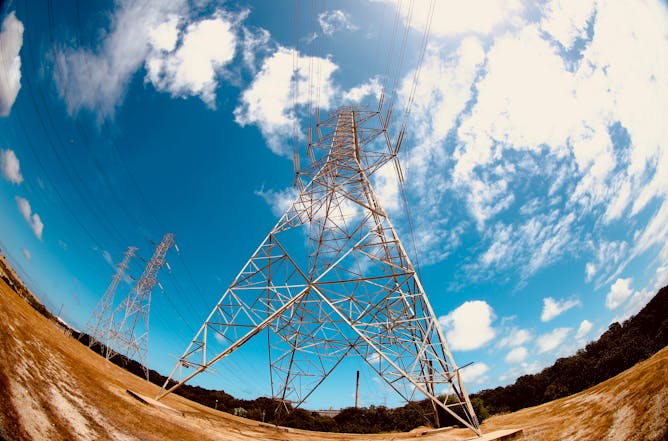
Wesley Morgan, Griffith University
Australia last week moved to tackle the climate crisis when federal parliament passed Labor’s climate bill. But the new law is just the first step.
|
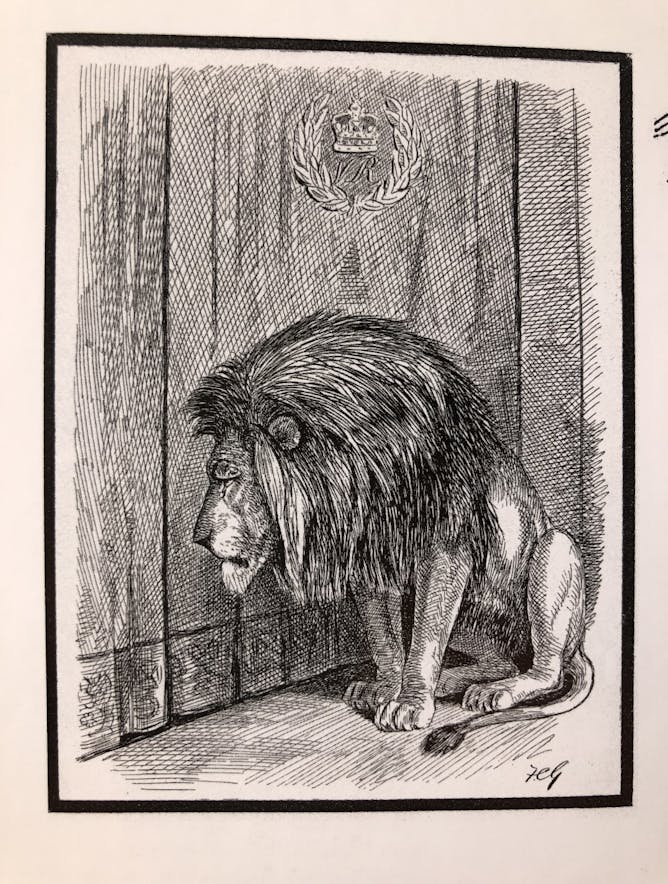
Richard Scully, University of New England
A cartoon commemorating the death of King William IV in 1837 would have been unthinkable; by the time Queen Victoria died in 1901, newspapers had changed.
|
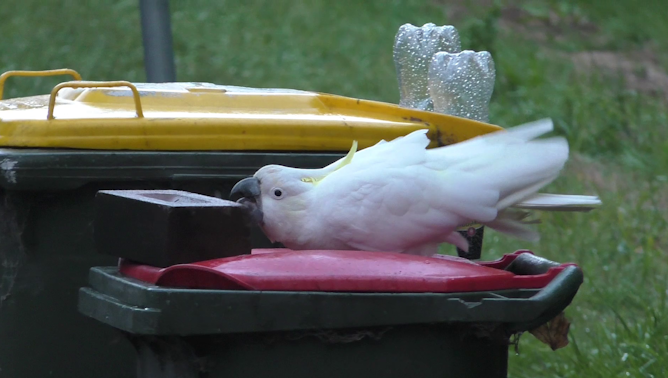
John Martin, Western Sydney University
New research documented 50 different ways Sydneysiders tried to stop sulphur-crested cockatoos opening their bins, from rubber snakes to custom locks. Humans didn’t always win.
|

John Dearnaley, University of Southern Queensland
With spring’s arrival, it’s important to know which plants might exacerbate hay fever. Surprisingly, it’s not native wattles you have to watch out for.
|
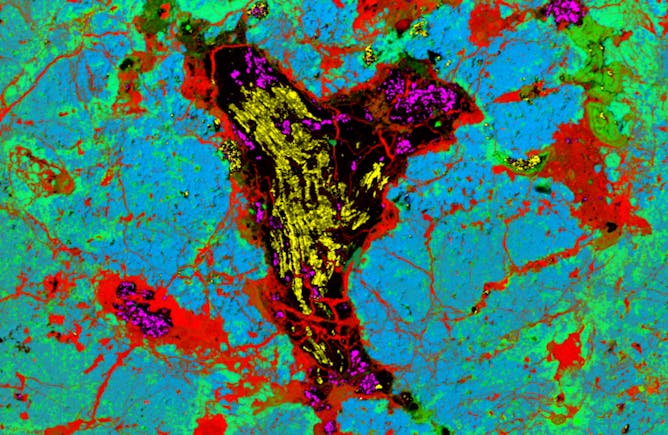
Andrew Tomkins, Monash University; Alan Salek, RMIT University; Dougal McCulloch, RMIT University
An unusual folded shape in a meteorite prompted scientists to dive deep into a rabbit hole – discovering a potential new way to make specially shaped diamonds in the lab.
|
Politics + Society
|
-
Jess Carniel, University of Southern Queensland
King Charles III has been praised for keeping it simple by choosing to reign under his own name. But the royal name of Charles comes with some heavy historical baggage.
-
Lixin Jiang, University of Auckland
Turns out, job insecurity doesn’t really improve employee performance. What it does do is cause staff to check out and create a potentially unsafe environment.
|
|
Health + Medicine
|
-
Jennifer Browne, Deakin University; Jill Gallagher, Indigenous Knowledge; Joleen Ryan, Deakin University; Mark Lock (Ngiyampaa), Deakin University; Troy Walker, Deakin University
A recent report has found First Nations children in Victoria have better health outcomes, however culturally appropriate research can better highlight what’s going well for First Nations kids’ health.
|
|
Science + Technology
|
-
Jordan Peter Anthony Pitt, University of Adelaide; Luke Bennetts, University of Adelaide
The place where oceans turn into ice holds the key to understanding some of the complex interactions of Earth’s climate. Thankfully, we’re making progress.
|
|
Environment + Energy
|
-
Scott Hardman, University of California, Davis; Daniel Sperling, University of California, Davis; Gil Tal, University of California, Davis
We’ve heard all the concerns about switching to electric cars before. But California, a market with many similarities, shows why Australia is well placed to accelerate its transition.
-
Zoe Doubleday, University of South Australia
Traditional food provenance methods are typically designed to identify one species at a time. So we worked out a new approach, as part of a broader effort to combat seafood fraud and illegal fishing.
|
|
Arts + Culture
|
-
Oliver Eklund, Queensland University of Technology
In April, Netflix announced they would introduce a new, lower-priced, subscription tier that would be supported by advertising. Australia is expected to see this change in November.
-
Alex Henderson, University of Canberra
Heartbreak High avoids cliche and shows its teen heroes as complicated, messy people the audience can root for – even when they make mistakes.
|
|
Books + Ideas
|
-
Michael Adams, University of Wollongong
All over the world, the territories of Indigenous peoples map onto regions of the richest and most persistent biodiversity. A book about hunter-gatherer Arctic peoples shows why.
|
|
| |
|
|
|
University of the Sunshine Coast
Moreton Bay, QLD, Australia
•
Full Time
|

|
|
The Conversation AU
Melbourne VIC, Australia
•
Full Time
|

|
|
University of Tasmania
Launceston TAS, Australia
•
Full Time
|

|
|
|
|
| |
| |

|
| |
| |
| |
Featured Events, Courses & Podcasts
|
View all
|
|
7 October 2021 - 7 October 2026
•
|

|
25 November 2021 - 25 November 2024
•
|
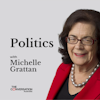
|
26 September - 3 December 2022
•
Melbourne
|

|
15 September 2022
•
Perth
|

|
|
|
|
| |
| |
| |
| |
| |
|
|